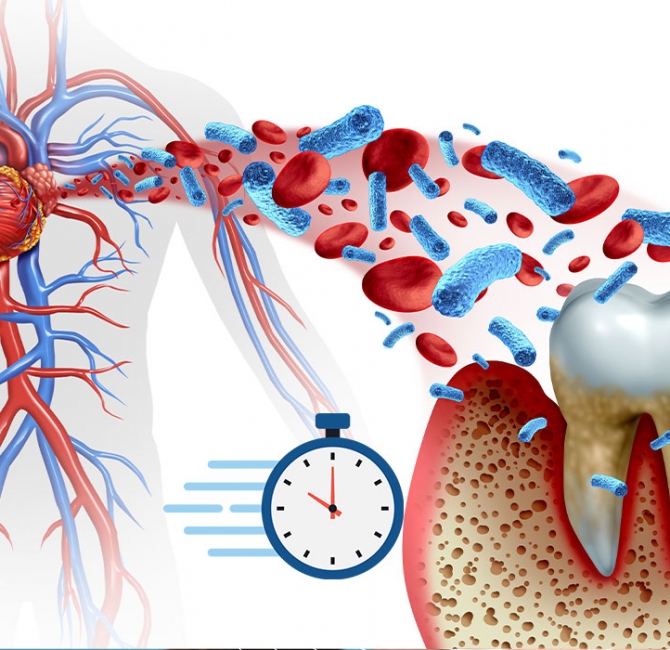Dental caries, which are caused by cariogenic microorganisms in plaque biofilms, are a major public health problem worldwide, affecting about 2.43 billion people to varying degrees. The prevalence of dental caries in children is increasing in many countries. Globally, an estimated 514 million children are affected by dental caries of primary teeth. It is believed the development of dental caries is related to the microecological imbalance of dental plaque biofilms. Studies have demonstrated in addition to dental caries, periodontitis, gingivitis, and oral lichen planus are also closely related to oral microecological imbalance.
Probiotics have been shown to alter oral microecology and restore microbial populations associated with a healthy oral state. More specifically, probiotics may help prevent dental caries based on the principle of affecting the balance of oral flora, inhibiting cariogenic bacteria growth and biofilm formation.
This systematic review and meta-analysis demonstrate probiotics – in particular, Lactobacillus rhamnosus – could effectively prevent dental caries through their ability to reduce the number of Streptococcus mutans in saliva. However, probiotic use could not reduce the number of lactic acid bacteria in saliva or dental plaques. There remains a lack of relevant research on the dose, route of administration, and frequency of probiotic use. Further randomized control trials are needed to standardize probiotic use to achieve more beneficial effects before generally used in clinical practice.
Read the full article here.



